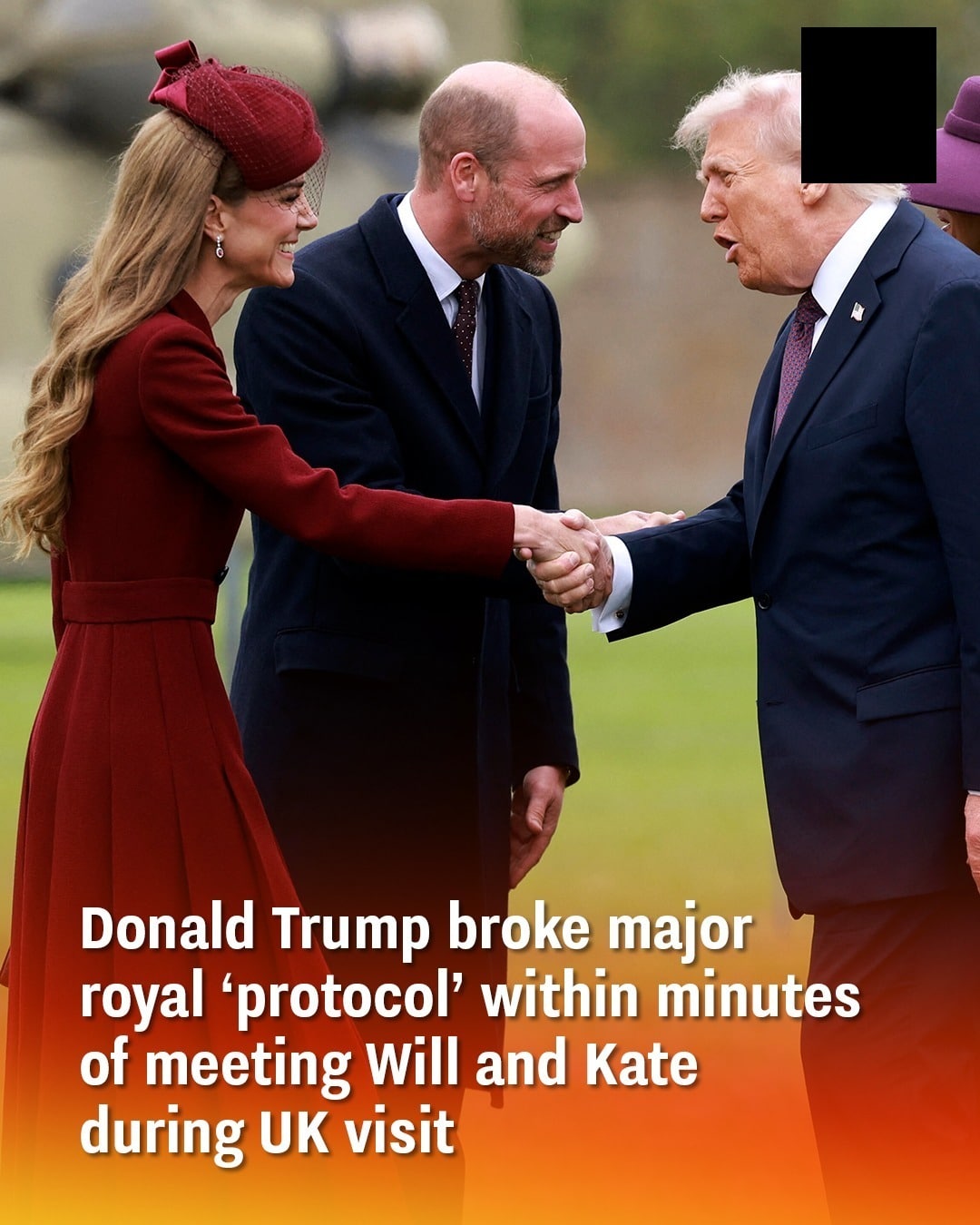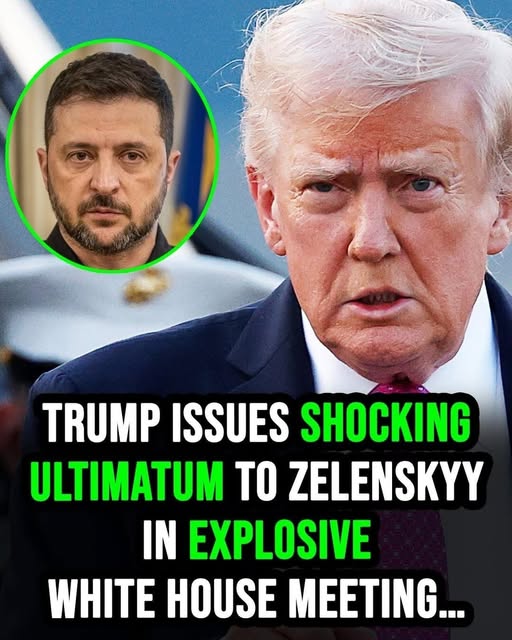Trump State Visit Marked by Punctuality Questions, but Ceremony Emphasizes Continuity
During their September 17 UK state visit, former U.S. President Donald Trump and his wife Melania arrived at Windsor Castle later than scheduled, sparking speculation about a potential breach of royal protocol.
The couple’s arrival on Marine One at 12:16 p.m.—sixteen minutes past the planned noon meeting—left Prince William and Princess Kate waiting, while King Charles III and Queen Camilla were already in position.
Royal Etiquette and Expectations
While breaches of royal protocol carry no formal consequences, tradition places value on punctuality, respectful greetings, and ceremonial courtesies. Such details, though symbolic, are closely observed during high-profile occasions, especially when state visits represent the dignity of both nations.
Observers noted that King Charles has a reputation for impatience when schedules slip—a trait evident during his coronation last year, when he was caught expressing frustration at delays. Against this backdrop, Trump’s late arrival drew heightened attention.
Ceremony Unfolds
Despite the rocky start, the day proceeded with full pageantry. The Trumps joined a ceremonial procession involving 1,300 military personnel and 120 horses, underscoring the grandeur and historic weight of the occasion.
Queen Camilla’s presence carried its own symbolism. Despite recent concerns about her health, she remained alongside the king throughout, signaling resilience and the continuity of the monarchy.
The itinerary included Trump inspecting a guard of honour, attending a state lunch, and laying a wreath in tribute to the late Queen Elizabeth II—acts that reinforced the shared history between the U.S. and the UK.
The Larger Picture
While debates about punctuality lingered, the heart of the visit lay in the ceremonial gestures of respect, alliance, and continuity. Royal protocol, though often treated as rigid, serves less as a rulebook and more as a language of symbolism—communicating mutual regard between nations.
In that light, the late arrival became less a diplomatic rupture than a reminder of how carefully traditions are watched, and how state occasions carry meaning beyond the clock.




